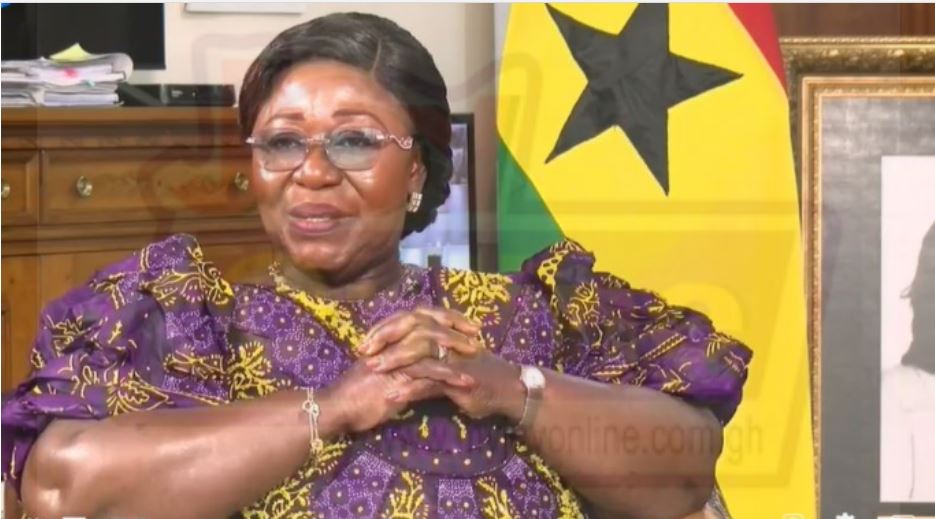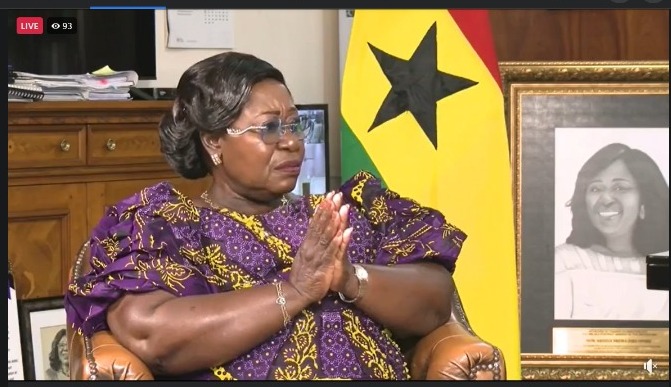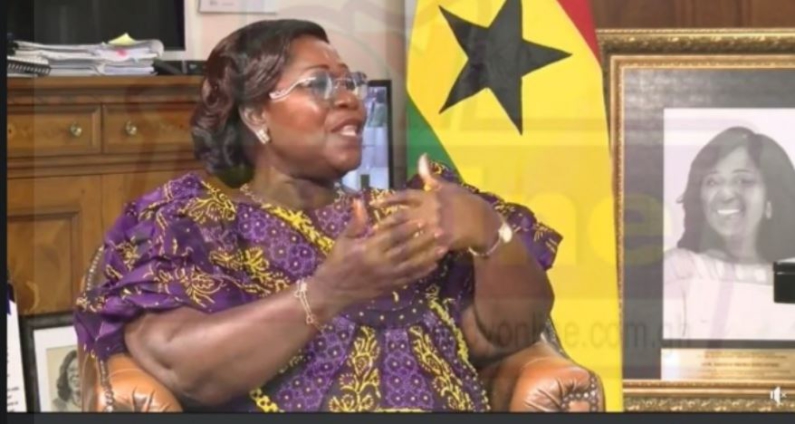The Chief of Staff has urged the Public Utilities Regulatory Commission (PURC) to actively engage all stakeholders before announcing new utility tariffs.
Madam Frema Osei-Opare said the Commission must consider the public’s interest in its dealings.
She, thus, called on all stakeholders to speak out to ensure their voices are heard in the conversation.
“It is my fervent hope that all stakeholders will engage actively in this review process and make their voices heard so that the final outcome will benefit the generality of all stakeholders,” she said.
Frema Osei-Opare made this statement at the inauguration of an office complex for PURC in Koforidua.

Meanwhile, the Chief of Staff also commended PURC for its pivotal role in the ongoing engagement of stakeholders on the multiyear tariff review.
However, she stressed that there is a need to strengthen the already established mechanisms to regulate utility companies to become financially viable.
The Commission had earlier assured the public that it will consider the interest of all stakeholders in determining the new utility tariffs.

In a media interview, the Head of Public Relations and External Affairs of PURC said the Commission will also consider the interest of the investor community and the interest of the utility companies before announcing the new tariffs.
“PURC will weigh the concerns of the consuming public and other stakeholders. We’ll consider the interest of the consuming public and the investor community and protect the interest of the utility company by making sure that it is financially viable.
“We will also look at our regulatory benchmark, including the allowable losses, and all these are put together, so it isn’t just an academic exercise,” he said.
The Electricity Company of Ghana had proposed that its tariffs will be increased by 148% for 2022 and with 7.6% average adjustments between the periods of 2023 to 2026.
The proposed sharp increment, according to ECG, is due to the gap between the actual cost recovery tariff and PURC-approved tariffs as well as the cost of completed projects.
The GWCL also argued that while the average tariff per cubic metre in 2019 was 1.27 USD, the same was reduced to USD 1.13 as a result of cedi depreciation.
The GWCL said this has affected its ability to carry out repairs and replacements of aged and obsolete equipment and pipelines.
Latest Stories
-
Election 2024: This is not the outcome NPP hoped for – Stephen Ntim
2 hours -
Ghanaian comedy shows held in 2024
8 hours -
Hohoe MP-elect vows to weaken NPP’s influence ahead of future elections
8 hours -
Women of Valour heads to Paris in 2025
8 hours -
Joseph Keys releases new single ‘Yonko Pa’
8 hours -
Human rights court declares New Nation School’s treatment of students as harsh
9 hours -
Polo Beach Club defies injunction on Dec. 22; noise concerns raised
10 hours -
I wish new leaders strength to rule Ghana – Akufo-Addo
10 hours -
Joseph Paintsil reflects on a stellar debut season with LA Galaxy
10 hours -
I urge security to take firm stance against post-election violence – Akufo-Addo
11 hours -
Akufo-Addo delivers Christmas message in final yuletide address to Ghanaians
11 hours -
Onion costs shoot up as traders lament scarcity of commodity
11 hours -
Registration for MPs-elect to begin on December 25
11 hours -
EC calls for stakeholders’ support to complete electoral processes
11 hours -
Ghana Shippers Authority addresses Tema port delays, assures of efforts to resolve challenges
12 hours

